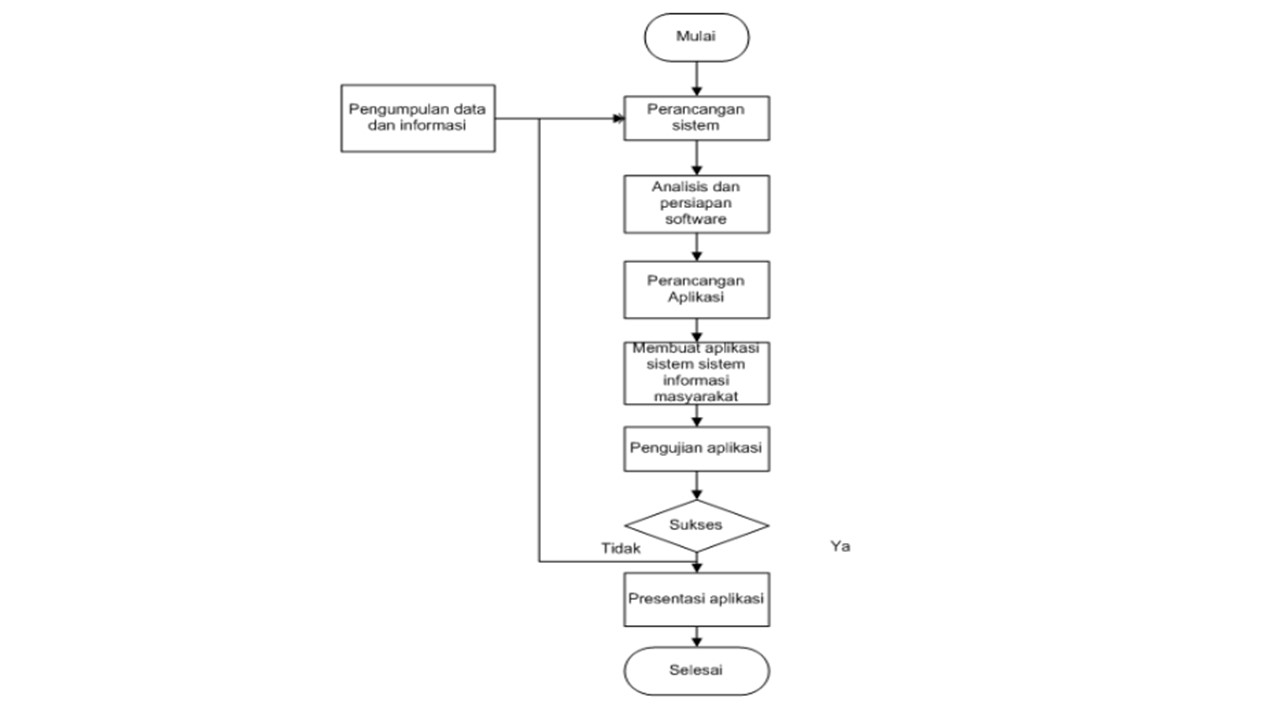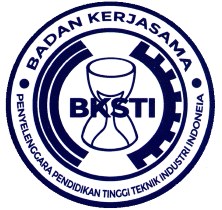SISTEM INFORMASI PELAYANAN MASYARAKAT BERBASIS ANDROID PADA KANTOR DESA KALIBA MAMASE
DOI:
https://doi.org/10.12928/spekta.v1i2.2860Keywords:
Community, Service waterfall, Block box testingAbstract
The problem in this thesis research is how to design an Android-Based Community Service Information System at the KalibaMamase Village office. Information Systems for Community Services are based on the system using Black Box Testing and the accuracy of the information system is based on user testing. The research objective is to design and build a Village-level Community Service Information System in order to improve the quality of services for village staff and the use of services for local villagers. The benefit obtained from this research is to make a new innovation for each village to be able to facilitate serving residents or residents in the application for letters. This research uses the life cycle model of the Waterfall system development and the design of an Android-based population service information system. Data collection methods in this study use the method of observation, interviews,  and data analysis. The conclusion of the research is that the Community Service Information System can facilitate the process of correspondence services in the Village apparatus as well as the use of services for the community in managing population and obtaining information at the Village Office.  In the Android-Based Community Service Information System at the Kaliba Mamase Village OfficeReferences
Apriyansyah, Isnaini Maullidina, and Eko Priyono Purnomo. 2018. Efektivitas Sistem Informasi Desa (SID) Dalam Pelayanan Publik Di Desa Dlingo, Kecamatan Dlingo, Kabupaten Bantul. Jurnal Analisis Kebijakan dan Pelayanan Publik 4(1): 10-24. journal.unhas.ac.id/index.php/jakpp.
Aritonang, Dinoroy Marganda. 2016. “Pola Distribusi Urusan Pemerintah Daerah Pemerintahan Daerah ( Distribution Patern of Local Government Tasks After. Jurnal Legislasi Indonesia 13(1): 41-51.
Budiyanto, Tri. 2020. “Strategi Pemasaran Usaha Kecil Menengah Pada Ibu-Ibu Aisyiah Muhammadiyah Bali. SPEKTA (Jurnal Pengabdian Kepada Masyarakat:Teknologi dan Aplikasi) 1(1): 17.
Gerald. J. 1991. “Analisis Informasi Pengembangan Sistem. In ALBO5,. Pressman, PH.D. Roger S. 2010. Pendekatan Praktisi Rekayasa Perangkat Lunak.
Purnia, Dini Silvi, Achmad Rifai, and Syaifur Rahmatullah. 2019. “Penerapan Metode Waterfall Dalam Perancangan Sistem Informasi Aplikasi Bantuan Sosial Berbasis Android.†Seminar Nasional Sains dan Teknologi 2019: 1-7.
Sasmito, Ginanjar Wiro. 2017. Penerapan Metode Waterfall Pada Desain Sistem Informasi Geografis Industri Kabupaten Tegal. Jurnal Informatika:Jurnal Pengembangan IT (JPIT) 2(1): 6-12.
Shalahuddin dan Rosa. 2015. Pengujian Black Box Dan White Box Testing. Yogyakarta:Andi.
Sukanto, Azwardi &. 2014. Efektifitas Alokasi Dana Desa (ADD) Dan Kemiskinan Di Provinsi Sumatera Selatan. Ekonomi Pembangunan 12(1): 29-41.
Tabrani, Muhamad, and Eni Pudjiarti. 2017. Penerapan Metode Waterfall Pada Sistem Informasi Inventori PT Pangan Sehat Sejahtera.†Jurnal Inkofar 1(2): 30-40.
Tristianto, Chrisantus. 2018. Penggunaan Metode Waterfall Untuk Pengembangan Sistem Monitoring Dan Evaluasi Pembangunan Desa. Jurnal Teknologi Informasi ESIT XII(1): 8-22.

Downloads
Published
How to Cite
Issue
Section
License
Copyright (c) 2020 Ritnawati Ritnawati, Rinto Suppa, Muhlis Muhallim

This work is licensed under a Creative Commons Attribution-ShareAlike 4.0 International License.
Authors who publish with SPEKTA (Jurnal Pengabdian Kepada Masyarakat: Teknologi dan Aplikasi) agree to the following terms:
- Authors retain copyright and grant the journal the right of first publication with the work simultaneously licensed under a Creative Commons Attribution License (CC BY-SA 4.0) that allows others to share the work with an acknowledgment of the work's authorship and initial publication in this journal.
- Authors are able to enter into separate, additional contractual arrangements for the non-exclusive distribution of the journal's published version of the work (e.g., post it to an institutional repository or publish it in a book), with an acknowledgment of its initial publication in this journal.
- Authors are permitted and encouraged to post their work online (e.g., in institutional repositories or on their website) prior to and during the submission process, as it can lead to productive exchanges, as well as earlier and greater citation of published work.

This work is licensed under a Creative Commons Attribution-ShareAlike 4.0 International License.












